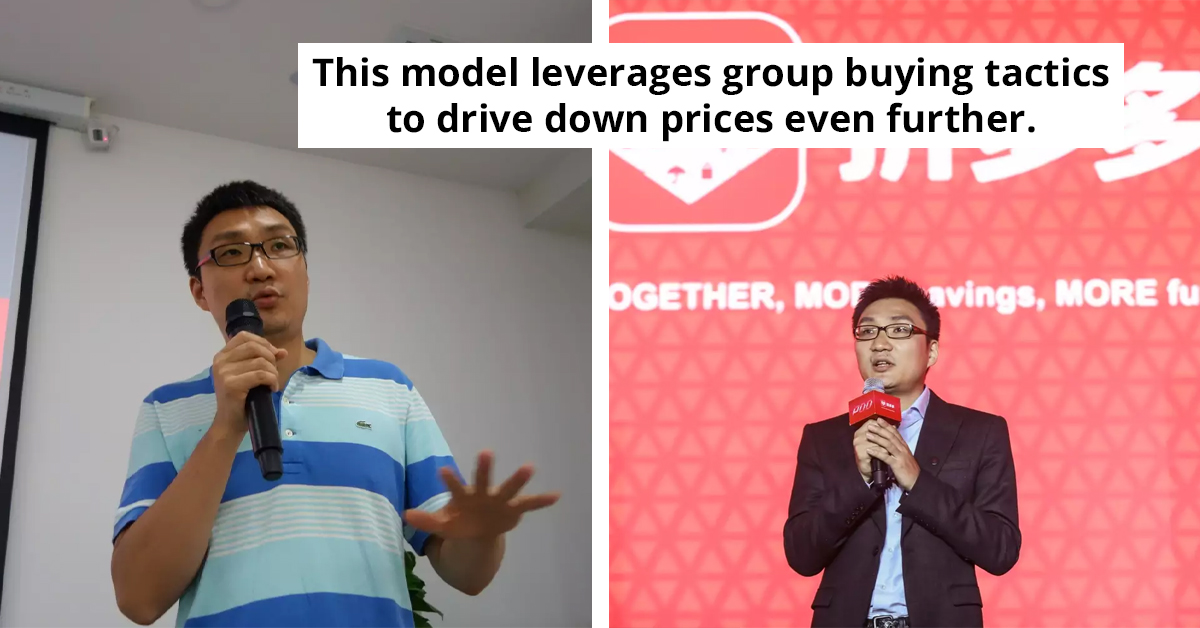Temu Founder Colin Huang’s Rapid Rise To Wealth In Under 10 Years

"They told us our son cheated on a paper, which is not what happened," the parents claim.

The rise of artificial intelligence (AI) has rapidly impacted various aspects of society, including education. Schools, universities, and educators are now facing the challenge of defining the appropriate use of AI in learning environments.
While AI tools can be incredibly beneficial for research and learning, they raise concerns about academic integrity and fairness.
The lack of clear guidelines on how AI can be used in educational settings has led to confusion and conflict, as seen in a recent case involving a Massachusetts high school student. The parents of a Massachusetts teenager have filed a lawsuit against their son's high school, accusing it of wrongly punishing him for using AI in a history assignment.
According to the family, the student used an AI tool to assist with research for his paper but did not rely on technology to write the paper. Despite this distinction, the school treated the student’s use of AI as cheating, leading to disciplinary action that has profoundly impacted the teen’s academic standing.
"They told us our son cheated on a paper, which is not what happened," parents claim.
Jennifer and Dale Harris, the student’s parents, claim that their son was unfairly penalized after the school discovered his use of AI during the research phase of his assignment.
Although AI can help find information or organize research, the school considered the student’s actions to violate its academic honesty policy. As a result, the teenager was detained and received a lowered grade on the assignment.
The family has taken their grievances to federal court, arguing that the school’s actions could significantly harm their son’s academic prospects. In their legal filing, the Harris family stated that the punishment could have long-term consequences, especially since the student is applying to prestigious colleges and universities.
They contend that the disciplinary mark could hurt his chances of acceptance into these institutions despite his substantial academic and personal achievements. According to the lawsuit, one of the most significant repercussions of the incident is that the student was barred from being inducted into the National Honor Society (NHS), a prestigious recognition for high-achieving students.
The family is seeking several remedies through the legal system, including a demand to have the failing grade removed from the student’s record and for him to be retroactively inducted into the NHS.
 WCVB
WCVBThe lawsuit also highlights a broader issue concerning the lack of clear policies on AI usage in schools. According to the Harris family, the school’s handbook does not provide specific guidelines regarding how AI can or cannot be used in academic work.
The handbook does mention that unauthorized use of technology, including AI, may be considered cheating or plagiarism. Still, it does not detail appropriate AI usage in research or writing.
The school’s handbook defines plagiarism as "unauthorized use or close imitation of the language and thoughts of another author, including Artificial Intelligence."
However, the lack of precise guidelines has left room for different interpretations, leading to situations like this. The lawsuit suggests that school administrators must develop more concrete policies and ensure that teachers and students are adequately informed about them.
Jennifer Harris has voiced her concerns publicly, calling for the school to provide more explicit rules around AI use. She believes that a well-thought-out AI policy is necessary so that teachers can better explain expectations to students, avoiding misunderstandings and unfair punishments.
She also supports the idea of training school administrators to handle AI-related issues in the classroom. The lawsuit proposes that the school undergo training on AI's role in education, led by an external expert not associated with the school district.
The family argues that this training is essential to helping teachers and administrators understand AI's potential benefits and risks in educational settings.
 WCVB
WCVBIn response to the lawsuit, the school district has remained largely silent, citing the ongoing legal proceedings and the need to protect the student's privacy. A spokesperson for Hingham Public Schools declined to comment on the case's specific details, explaining that they cannot discuss the matter further at this time due to the litigation process.
The outcome of this lawsuit could set an essential precedent for how schools nationwide approach AI usage. It may lead to more comprehensive policies that balance the benefits of AI in education with the need to maintain academic standards and integrity.
For now, the Massachusetts family’s legal battle highlights the urgent need for more precise guidance on AI’s place in the classroom.





